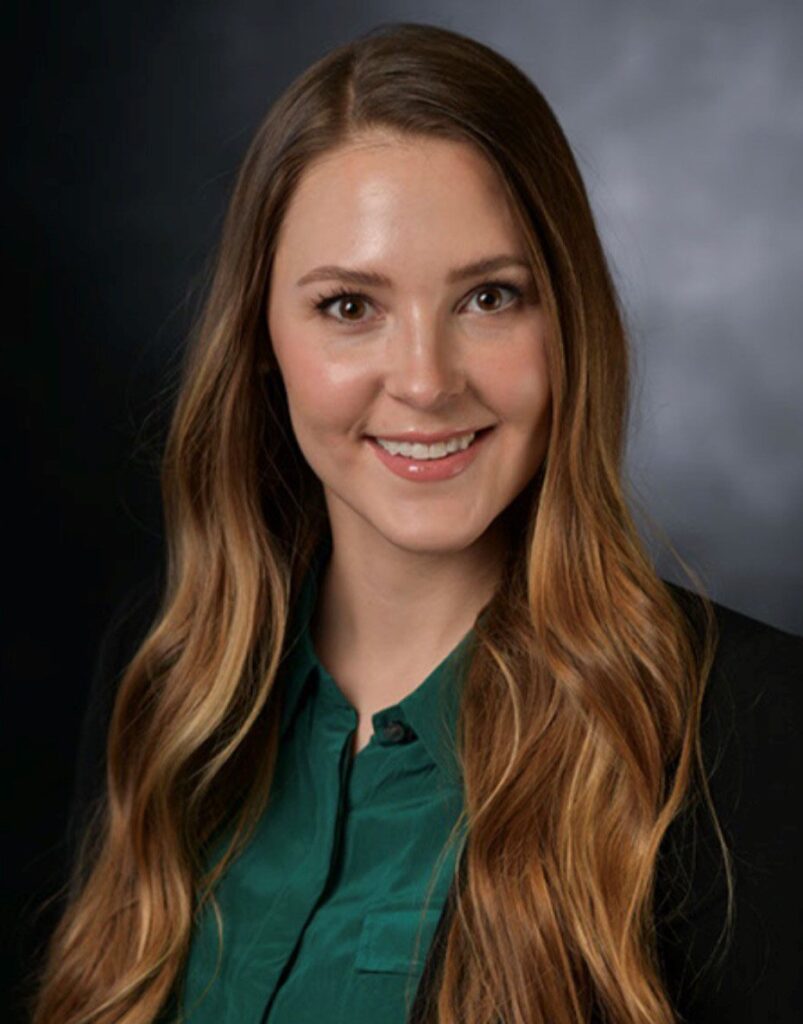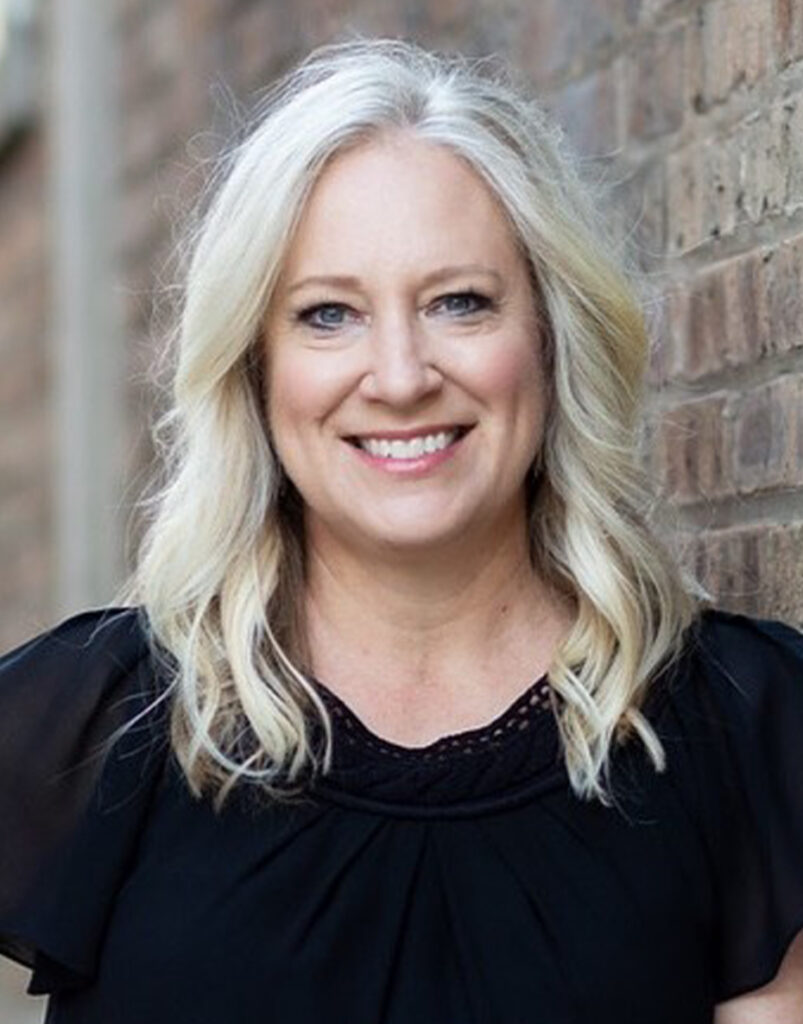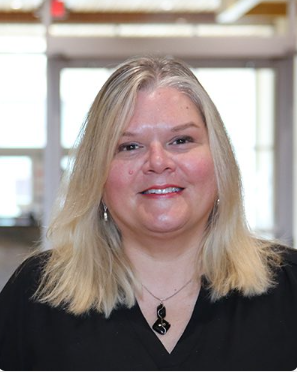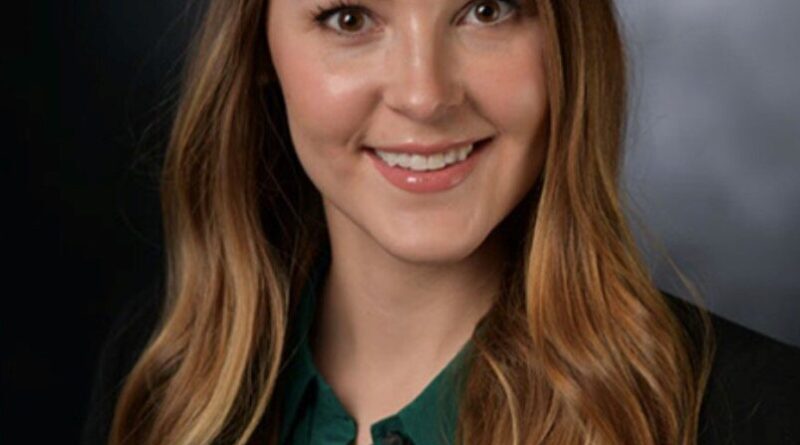Dental school conference brings Native health care, culture to light | Marquette Today
Leaders from Wisconsin’s only Indian health center recently visited the state’s only dental school to discuss dentistry, public health and the cultural impact of serving natives.
The November “Bridge Building Forum,” an educational conference hosted by the Marquette University School of Dentistry’s DEI & Belonging Office, featured a panel discussion with guests from the Gerald L. Ignace Indian Health Center, which on the south side of Milwaukee.
“It’s very important for anyone to increase the quantity and quality of interactions with people outside of their identity,” says Teon Austin, director of diversity and inclusion at the dental school. “With it being Native American Heritage Month, it’s one of those things that can just pass if you don’t pay attention to it. The first step is recognition.”
Austin, who moderated the panel, began by reading Marquette’s recognition of land and water, which acknowledges the long history of indigenous peoples and communities who lived and cared for the land and water where the university now sits. Dr. Tabitha Fischer, a dentist at the Ignace Indian Health Center who is an Alaska Native, expressed gratitude for the recognition.

“The overall performance is very visible,” Fischer said at the conference. “It’s important to make an effort not only for yourself, but also for the people around you. It screams, ‘there were people here before us.’
About 50% of the health center’s patients identify as Native American or Alaska Native, while about 30% identify as Hispanic or Latino, according to Community Health Consultant Melissa Ugland. Milwaukee County has the largest Native American population in the state, Ugland said.
The center provides health care services through dental and medical clinics, physical therapy, child and family services, behavioral health services and other areas. It also participates in traditional Native practices such as burning – a ritual of burning to cleanse or cleanse the spirit of negative thoughts of a person or place – and hosts an annual community powwow ceremony. .

“The smell of burning madness, for a lot of people like, ‘This is a place that embraces my culture and my culture,'” says Ugland. “You might have patients who are worried like, ‘I need I need to calm down. I need to get myself in the right frame of mind to do this.’ The fact that our clinic offers those services and we employ at least one person at all times to provide those services shows a level of commitment and understanding that many places do not have.
As with previous Bridge Building sessions, Austin’s goal is to introduce Marquette dental students to cultural issues they may not encounter in their clinical practice. He believes learning those facts can help remove some cultural barriers to care, and improve the relationship between doctor and patient.
“Sometimes we get so caught up in learning the medical side of what it takes to be a professional, we don’t realize how that chair style and ability to build and how important it is to maintain relationships.

Dr. Magda Canevaro, a graduate of the School of Dentistry and director of dentistry at the Ignace Indian Health Center, says her experience in community clinics in the 1990s introduced her to different cultures and underserved communities. . After several years in private practice, he decided to return to public dentistry.
He says: “Marquette has done a good job of introducing me to the community and it is important that today’s students continue to have those opportunities.”
Although Marquette and the Ignace Indian Health Center do not have a formal partnership, Austin said he hopes the school can continue to expand its relationships with state health centers for more opportunities. of education.
#Dental #school #conference #brings #Native #health #care #culture #light #Marquette #Today
